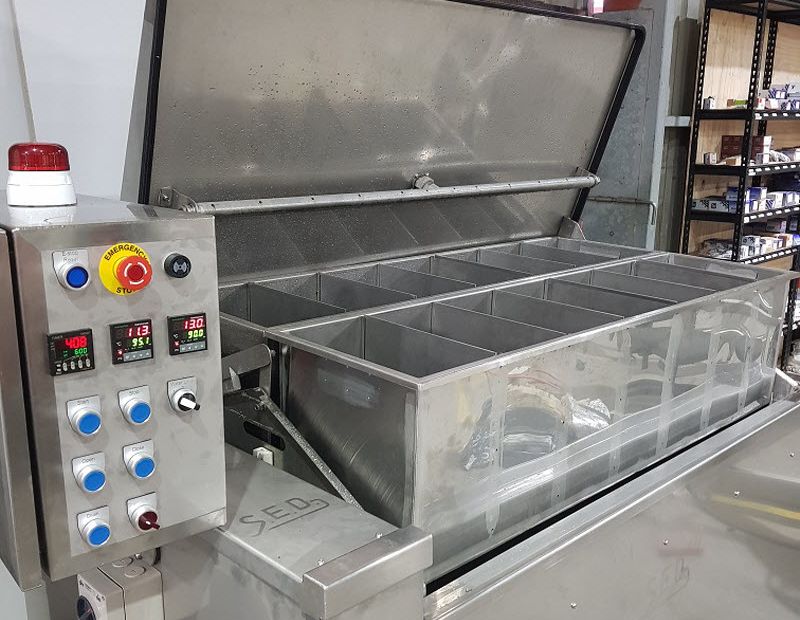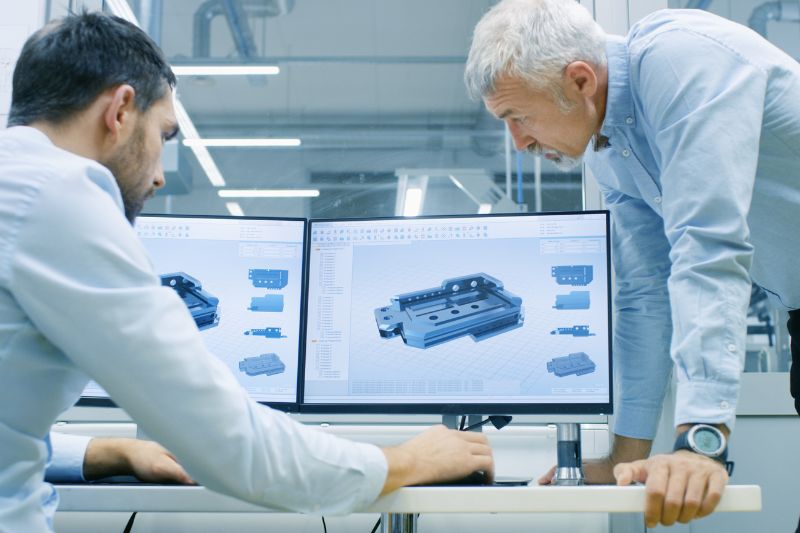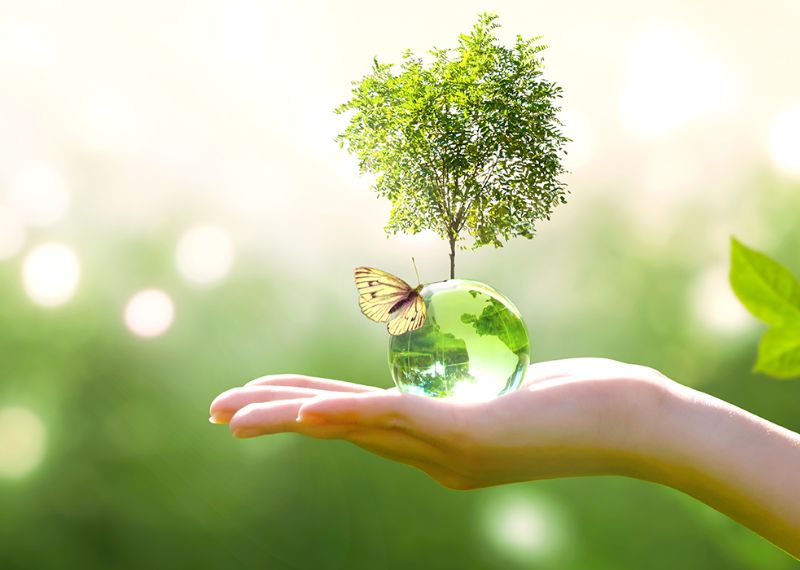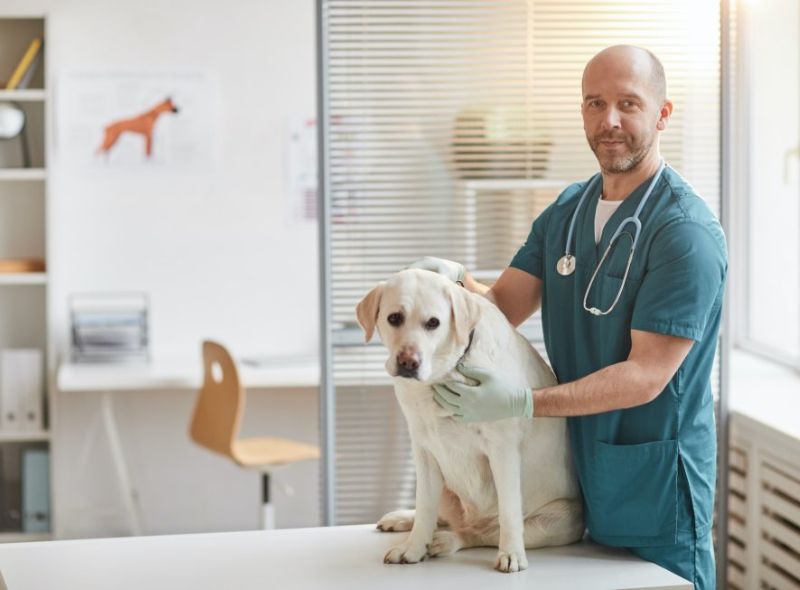
What is water cremation? Water cremation goes by various names, like flameless cremation, biocremation™, or Resomation™. But don’t let the fancy terms confuse you because, at its core, the process is pretty straightforward. It involves using an alkaline water solution to break down chemical bonds at the atomic level, a process known as alkaline hydrolysis. It’s a gentle, eco-friendly alternative to traditional cremation processes.
While it is customary to think about cremation in the traditional method, where the process involves incinerating the remains until they become ‘ashes’, the term is more about expediting the decomposition process. It’s officially described as the chemical, mechanical or thermal dissolution of remains into bone fragments. (CANA, 2013)

How does it work?
The operator respectfully places the body in a particular vessel within the alkaline hydrolysis machine.
The vessel is filled with an alkaline solution, a mix of water and alkaline chemicals, gently submerging the body.
The machinery applies heat, and the liquid, with the body in it, undergoes a process that breaks the body down into its chemical components. The time it takes depends on factors like the size of the load and the chemical levels, with higher levels leading to a quicker breakdown.
The body transforms into a mix of liquid and porous bone fragments. The operator carefully moves the liquid to a heat exchanger vessel. After neutralisation and cooling, it turns into sterile wastewater, which the director can dispose of, recycle, or use as fertiliser.
The director then rinses, dries and grinds down the bone fragments. The result? A meaningful amount that the operator can place in an urn and return to the loved ones. It’s a thoughtful and eco-friendly way to bring closure to the circle of life.

What are the benefits of water cremation?
Alternatives to traditional burial and cremation are gaining popularity, mainly due to the environmental impact of conventional cremation methods. Traditional cremation, relying on oil, natural gas and propane, emits around 45kg of CO2 and other harmful pollutants for an average-sized dog .
According to National Geographic, the water cremation process creates a fraction of traditional cremation’s carbon footprint. Instead of releasing fumes, it transforms remains into liquid and porous bone fragments.
And here’s the eco-friendly bonus – water cremation requires 85% less energy than its traditional counterpart. Plus, renewable energy can make the entire process carbon neutral.
Once treated and neutralised, the liquid by-product of water cremation is a valuable resource. It is suitable for recycling or for use as fertiliser, thanks to its nutrient-rich content.
Our water cremation systems offer a compelling alternative that significantly reduces environmental impact in a country that sees thousands of animals cremated annually. These specialised systems contribute to a greener planet and cut down on the time and cost associated with traditional methods, providing a more affordable and effective solution.

Who are these machines for?
Water cremation, also known as alkaline hydrolysis, is gaining recognition as an eco-friendly cremation method and a ‘greener’ substitute for traditional cremation. Businesses in the pet industry, pet cremation services and veterinary sectors worldwide are turning to this emerging field to address the environmental impact of traditional pet cremation practices.
Here at Water Cremation Systems, we value strong partnerships with our clients. Our commitment involves providing continuous support, listening to feedback and enhancing our service and technology.
We offer cutting-edge water cremation technology and access to a network of seasoned industry professionals. They play a vital role in educating our clients about our technology, the expanding industry landscape and how to deliver optimal service and performance. Together, we contribute to a more sustainable and environmentally conscious approach to pet cremation.

Begin your journey with us
Innovation is at the core of Water Cremation Systems. Our founder, Matthew Brown, is a true innovator, engineer and entrepreneur with decades of engineering expertise.
His sincere desire to make positive change and his passion for problem-solving have allowed him to identify an opportunity for a ‘greener’ alternative to traditional cremation in the Australian market.
Water Cremation Systems is an Australian company based in Tasmania and has extensive experience with on-shore and off-shore customers.
If you’re interested in becoming a provider of water cremation services, why not start the conversation with a member of our team?
Contact us for more information about our technology, service offerings and our network of industry professionals.


